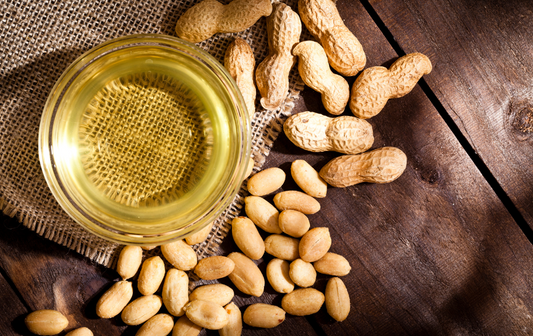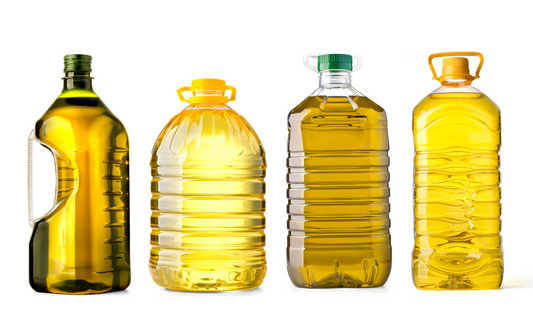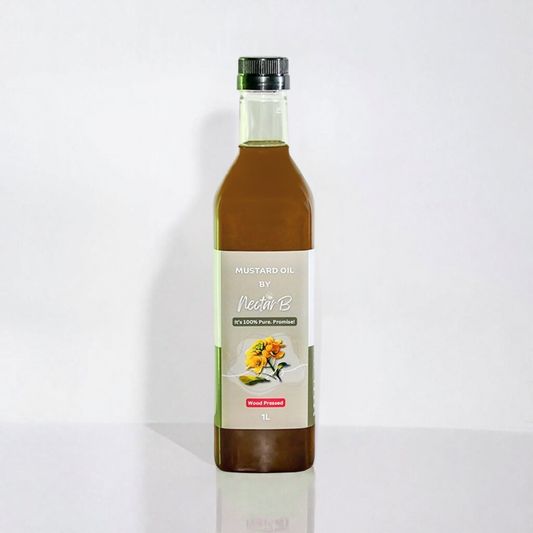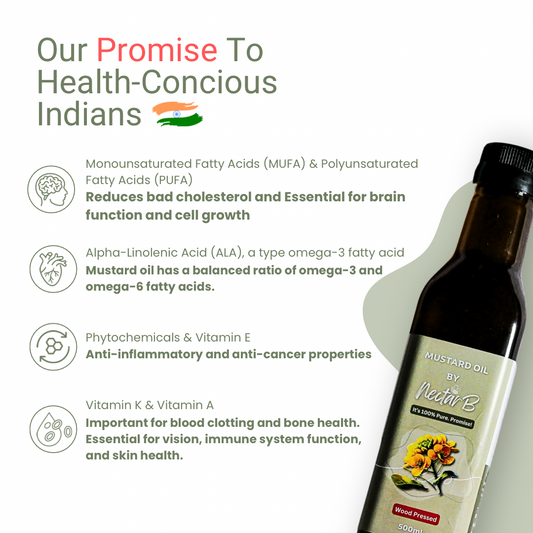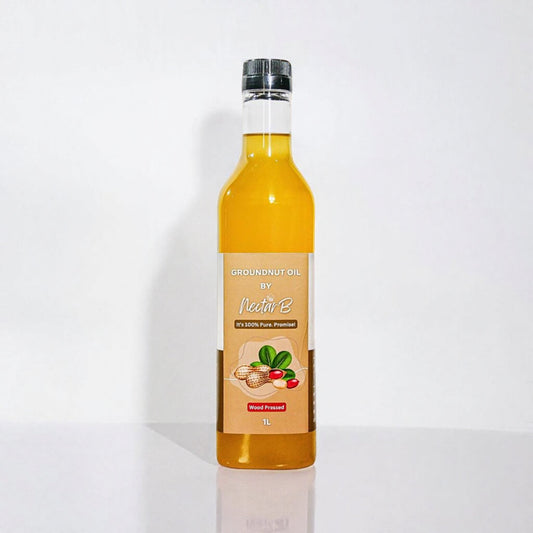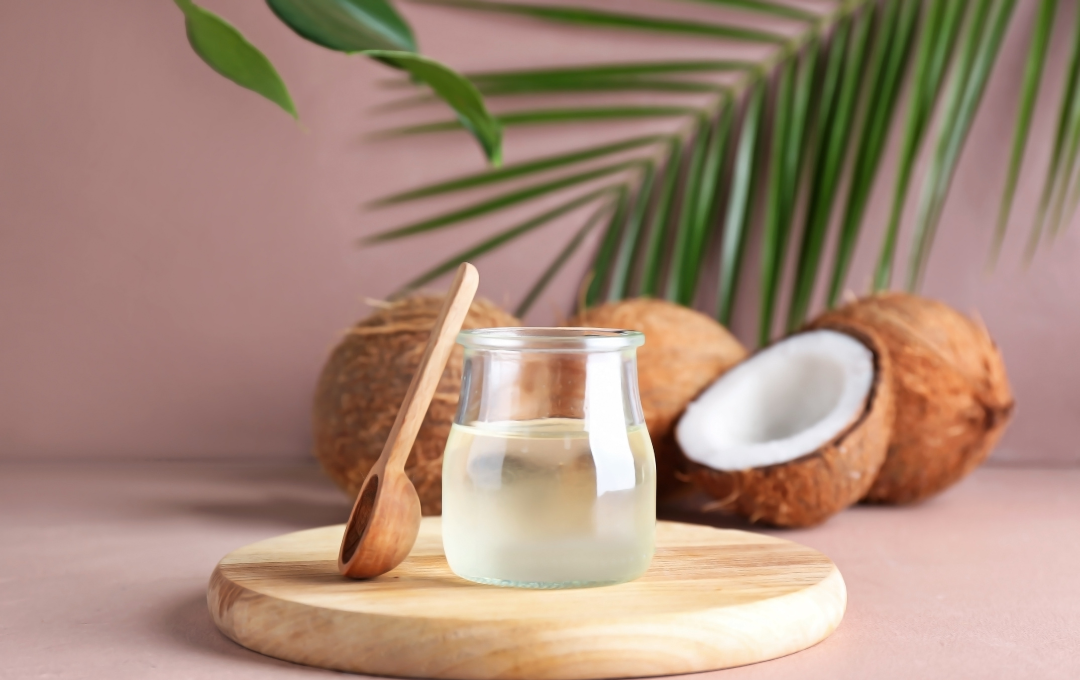
Comprehensive Guide: Health Benefits of Coconut Oil for Cooking, Skin, and Hair
Introduction to Coconut Oil
Overview of Coconut Oil
Coconut oil is derived from the meat of mature coconuts harvested from the coconut palm. It has become incredibly popular in recent years due to its numerous health benefits and versatile applications. From cooking to skincare and hair treatments, coconut oil is celebrated for its beneficial properties.
Types of Coconut Oil
There are primarily two types of coconut oil: virgin (or unrefined) and refined. Virgin coconut oil is extracted from fresh coconut meat and preserves much of the coconut's natural flavor and nutrients. Refined coconut oil, on the other hand, undergoes more processing, resulting in a neutral flavor and longer shelf life.
Nutritional Profile of Coconut Oil
Coconut oil is rich in healthy fatty acids, particularly medium-chain triglycerides (MCTs), which are easier for the body to convert into energy compared to long-chain fatty acids. It is also a good source of antioxidants and has anti-inflammatory properties.
Health Benefits of Coconut Oil
Internal Health Benefits
Consuming coconut oil can provide various internal health benefits. It can boost your metabolism, improve energy levels, and support weight loss. Additionally, the MCTs in coconut oil are known to improve brain function and support overall cognitive health.
Topical Health Benefits
Topically, coconut oil offers numerous advantages. It can moisturize and hydrate the skin, promote wound healing, and even provide protection against harmful bacteria. Its application to the skin can improve the overall texture and appearance.
Scientific Support
Various studies support the health benefits of coconut oil. Research indicates that its fatty acids can help improve heart health by increasing good HDL cholesterol. Moreover, its antimicrobial properties make it a powerful tool in fighting infections and boosting immune health.
Coconut Oil for Cooking
Culinary Uses
Coconut oil is highly versatile in the kitchen. It can be used for frying, baking, and even as a dairy-free substitute for butter. Its high smoke point makes it ideal for high-temperature cooking methods like sautéing and roasting.
Health Effects in Cooking
Cooking with coconut oil can have beneficial health effects. It is less likely to oxidize or become damaged when heated, preserving its nutritional value. Additionally, using coconut oil in your diet can improve digestion and nutrient absorption.
Recipes Featuring Coconut Oil
Incorporating coconut oil into various dishes is simple and delicious. Try using it in smoothies, salad dressings, and baked goods for a subtle coconut flavor. It pairs particularly well with tropical fruits and spices.
Coconut Oil for Skin Care
Moisturizing Benefits
Coconut oil is a fantastic natural moisturizer. It penetrates deep into the skin to hydrate and soften it, making it an excellent remedy for dry and flaky skin. It also helps to lock in moisture, keeping the skin supple and smooth.
Anti-Aging Properties
The antioxidant properties of coconut oil make it a powerful anti-aging agent. Regular application can reduce the appearance of fine lines and wrinkles, promote collagen production, and improve skin elasticity. It fights free radicals that contribute to aging and skin damage.
Treating Skin Conditions
Coconut oil can be used to treat various skin conditions like eczema, dermatitis, and psoriasis. Its anti-inflammatory and antimicrobial properties help soothe irritated skin, reduce redness, and prevent infections. It provides a natural and gentle option for managing skin conditions.
Coconut Oil for Hair Health
Nourishing Hair
Coconut oil is excellent for nourishing the hair from root to tip. It penetrates the hair shaft, providing essential nutrients that strengthen and hydrate the hair. It helps to improve the overall health and appearance of the hair, making it shinier and more manageable.
Preventing Hair Damage
Applying coconut oil to the hair can prevent damage caused by styling and environmental factors. It creates a protective barrier that shields the hair from heat, UV rays, and pollutants. Regular use can reduce breakage, split ends, and hair loss.
Treating Dandruff
Coconut oil has antifungal properties that can effectively combat dandruff. Massaging coconut oil into the scalp helps to reduce flakiness and itchiness. It also moisturizes the scalp, preventing dryness, and promoting a healthier scalp environment.
Additional Health Benefits of Coconut Oil
May encourage fat burning
Coconut oil may promote fat burning due to its unique composition of fatty acids. The medium-chain triglycerides (MCTs) in coconut oil are metabolized quickly and can increase the number of calories burned compared to longer-chain fatty acids found in other oils.
May work as a quick source of energy
The MCTs in coconut oil are an excellent source of quick energy. Unlike longer-chain fatty acids, MCTs are transported directly to the liver where they are converted into ketones, providing an immediate energy source, especially beneficial for athletes and those needing quick energy boosts.
May help lessen hunger
Consuming coconut oil can help reduce hunger, which is beneficial for weight management. The MCTs in coconut oil may help increase satiety by promoting a feeling of fullness, thus reducing overall calorie intake.
May help reduce seizures
There is evidence to suggest that a ketogenic diet, high in fats such as those found in coconut oil, can help reduce seizures, particularly in children with epilepsy. The ketones produced from MCTs provide an alternative energy source for the brain, potentially reducing seizure frequency.
May have antimicrobial effects
Coconut oil contains compounds like lauric acid, which have antimicrobial properties. These compounds can help kill harmful pathogens, including bacteria, viruses, and fungi, making coconut oil an effective natural remedy for various infections.
May improve oral health
Using coconut oil for oil pulling can significantly improve oral health. Swishing coconut oil in your mouth can reduce harmful bacteria, prevent plaque build-up, and reduce bad breath. It is a natural and effective means to enhance oral hygiene.
How to Choose Quality Coconut Oil
Virgin vs. Refined
When choosing coconut oil, consider whether to use virgin or refined varieties. Virgin coconut oil retains more of the natural nutrients and flavor, making it suitable for non-cooking applications and low-heat cooking. Refined coconut oil has a neutral taste and higher smoke point, ideal for high-heat cooking.
Organic vs. Non-Organic
Organic coconut oil is produced without the use of synthetic pesticides or fertilizers. It ensures that the final product is free from harmful chemicals. Opting for organic coconut oil supports sustainable farming practices and reduces your exposure to toxins.
Reading Labels
Carefully read labels when selecting coconut oil. Look for indicators of quality, such as "cold-pressed," "wood-pressed", "wooden cold-pressed" ,"unrefined," and "extra virgin." Avoid products with added chemicals or preservatives. Ensuring purity and authenticity will maximize the health benefits you derive from coconut oil.
Potential Side Effects and Considerations
Allergic Reactions
Though rare, some individuals may experience allergic reactions to coconut oil. Symptoms may include skin rashes, itching, or respiratory issues. If you experience any adverse reactions, discontinue use and consult a healthcare professional.
Digestive Issues
Consuming large amounts of coconut oil may cause digestive discomfort, such as diarrhea or stomach cramps. Introduce coconut oil gradually into your diet to allow your body to adjust. Moderation is key to preventing digestive issues.
Interaction with Medications
Coconut oil may interact with certain medications. If you are taking prescription drugs, consult your physician before adding coconut oil to your regimen. It is essential to ensure that it does not interfere with any treatments or exacerbate medical conditions.
DIY Coconut Oil Products
Homemade Skin Care Recipes
You can create various homemade skincare products using coconut oil. Combine it with ingredients like sugar or salt for exfoliating scrubs, or mix it with essential oils for nourishing body lotions. These natural products are gentle on the skin and free from harmful chemicals.
Homemade Hair Care Recipes
Coconut oil is a fantastic ingredient for DIY hair care treatments. Use it alone as a deep conditioning treatment, or combine it with other natural ingredients like honey or avocado for hair masks. These treatments can improve the health and appearance of your hair.
Use in Homemade Cleaning Products
Coconut oil can also be incorporated into homemade cleaning products. Its antibacterial properties make it an excellent addition to natural cleaning solutions. Mix it with baking soda or vinegar for effective and eco-friendly household cleaners.
Environmental and Ethical Considerations
Sustainable Sourcing
When purchasing coconut oil, consider the environmental impact of its production. Opt for brands that prioritize sustainable sourcing practices, ensuring that coconuts are harvested without contributing to deforestation or habitat destruction.
Fair Trade Practices
Choose coconut oil from brands that support fair trade practices. This ensures that farmers receive fair compensation for their work, promoting economic stability and ethical treatment within the supply chain. Supporting fair trade helps to create a more equitable global marketplace.
Environmental Impact
Coconut oil production can have environmental impacts, including deforestation and biodiversity loss. Seek out brands that are committed to minimizing their ecological footprint through responsible farming practices, reforestation efforts, and reducing carbon emissions.
Coconut Oil in Traditional Medicine
Historical Uses
Coconut oil has been a staple in traditional medicine for centuries. It has been used in various cultures for its healing properties, including treating wounds, soothing skin conditions, and supporting overall health and wellness. Its historical significance underscores its versatility and effectiveness.
Ayurvedic Treatments
In Ayurvedic medicine, coconut oil is prized for its balancing and healing properties. It is used in massages, known as Abhyanga, to promote relaxation and detoxification. Coconut oil is also ingested as part of Ayurvedic practices to enhance digestion and support cardiovascular health.
Modern Applications
Today, coconut oil continues to be utilized in various modern applications. Its benefits are recognized in both traditional and contemporary medicine. From natural beauty products to dietary supplements, coconut oil's popularity reflects its continued relevance in promoting health and wellness.
Conclusion
Summary of Benefits
Coconut oil offers a wide range of health benefits, from improving internal health and energy levels to enhancing skin and hair care. Its versatility makes it a valuable addition to any health and wellness routine.
Final Recommendations
To maximize the benefits, choose high-quality coconut oil and incorporate it into your daily life. Use it in cooking, as a beauty treatment, and for natural remedies. Pay attention to sourcing and ethical considerations to ensure sustainable and responsible use.
Encouragement for Use
Given its extensive benefits, don't hesitate to explore the various uses of coconut oil. Whether you are looking to boost your health, enhance your beauty routine, or create natural products, coconut oil is a fantastic resource that can help you achieve your goals.
Popular Links
Order Wood Pressed Groundnut Oil Now!




